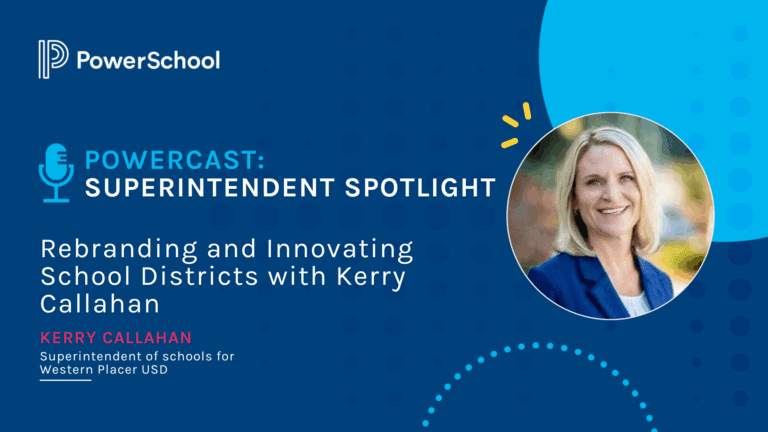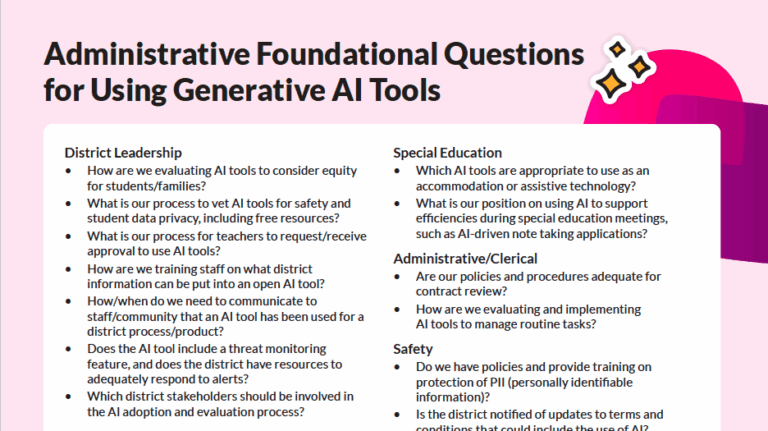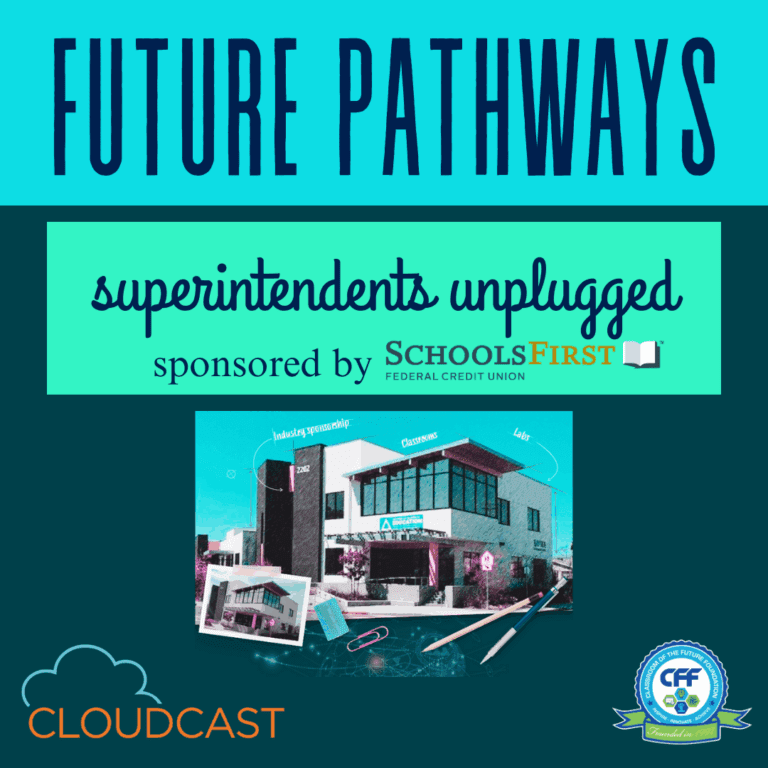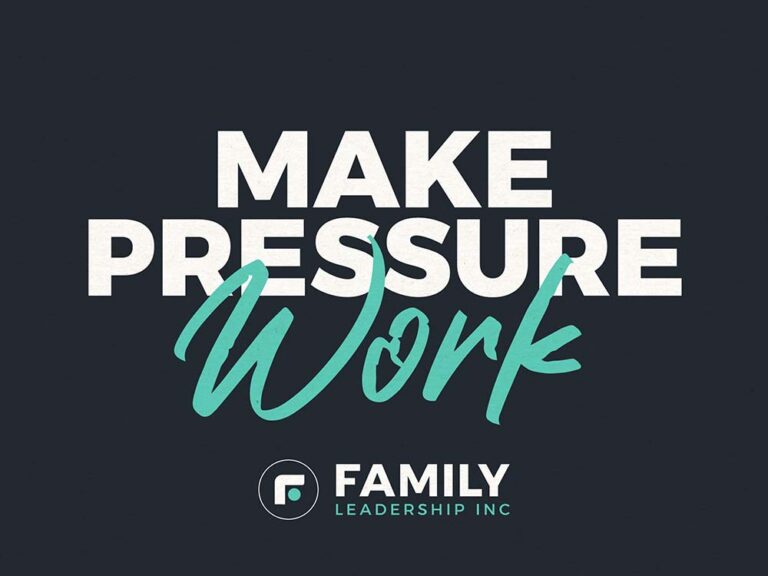By Alexandra Thomas
“I think every working mom probably feels the same thing: you go through big chunks of time where you’re just thinking, ‘This is impossible – oh, this is impossible.’ And then you just keep going and keep going, and you sort of do the impossible.” — Tina Fey
I never thought I would be in this position at this stage of my life. I have two school age children and have just agreed to take on an administrative role that in my mind requires the highest level of energy, an extraordinary devotion of time and a commitment that I cannot give and still be considered a “good mom”. These are the thoughts I share with a small cohort of recently graduated administrative credential holders — all of which are female, more than half of whom have children under the age of eighteen. This mom-network developed over the course of our Preliminary Administrative Services Credential (PASC) program and has since become a safe space in which we discuss the challenges of work/life balance, career development and societal expectations that we are collectively working to navigate in our new leadership roles.
Our cohort began in January of 2022 and we all successfully completed the program in December of the same year, with most of us taking on new educational leadership roles at the midpoint/start of the 2022-2023 school year. With the variety of educational leadership roles within our mom-network there is no shortage of concerns to discuss ranging from the site administrator “extra duties” that make dance practice drop-off & pick-up a challenge; to WASC accreditation that requires late evening and weekend work; to the age-old consideration of should I, or shouldn’t I, start to think about a second baby. These and many other challenges face mothers who are working in educational leadership roles at every level of education. None of these challenges are discussed or explored during the PASC program leaving this group of mothers, all new to educational leadership, to seek support from each other as we tackle the challenges and celebrate the successes in our new roles.
As the 2023 school year comes to an end and we look towards the future there is a hesitation that I share with the women gathered to celebrate finishing our first school year in our new capacities. I want to be present for my own children’s first day of school, a feat I have yet to accomplish despite being in education for more than ten years, with a daughter who will now be entering fourth grade. It never works out. This year our school calendars do not line up and I have mandatory training that I cannot miss. In her book, In This Together; How Successful Women Support Each Other in Work and Life , Dr. Nancy D. O’Reilly writes that as it stands right now, even if she (the mother) can get her foot in the door, a sick child or family emergency can wreak havoc on a woman’s road to advancement or even cost her the job (2019). While I am immensely grateful for never experiencing a truly negative consequence or detriment to my career, the constant fear and anxiety of potentially having to miss a work commitment guides my every decision. Looking at this year’s school calendar, I won’t make this first day of school either. My children are more understanding now, though after stepping out of the classroom my job in their eyes is much more ambiguous. We often discuss that while I cannot be present as other parents are on these special occasions, I do get the unique opportunity to understand more deeply what school is like for them and am able to support them in their educational journey as I support many others. Still, it’s a look of disappointment.
I am privileged to have accepted a position in an organization that is motherhood and family-friendly. While many educational institutions are attempting to shift their practices, the challenge still remains that to be a mother and teacher, or a mother and administrator ultimately means a sacrifice in one area or another. Many women put off leadership roles citing that they want to be more available for their growing children, or do not want the additional stress that more responsibility ultimately entails. For some women, the option is not available due to additional circumstances including single-parenthood; the lack of opportunity or support to acquire the necessary credential, and for some, even further discrimination based on race, ethnicity and gender identity. Add to this a lack of interest or confidence in their ability to lead and there ends up being less mothers of school age children in educational leadership roles.
But, there is good reason to seek mothers of school age children especially in the field of education. According to research by Modern Family Index (2018) “a whooping 89% of American workers believe working moms in leadership roles bring out the best in their employees”. In educational leadership, mothers of school age children can often reflect on the current education ecosystem, being familiar with current trends, concerns and challenges. Learning loss is a very personal statement to mothers of school age children today. Working mothers also strive to develop creative problem solving approaches around challenges like chronic absenteeism, and in the development of support for families within their communities. There exists both empathy and sympathy from working moms that encourages connection to those they serve.
In his book, Leading with Empathy; Understanding the Needs of Today’s Workforce, Gautham Pallapa states that you do not need permission to lead with empathy (2022). Pallapa also recommends the following strategies to promote a work-life balance:
- Slow down to accommodate life. A good rule of thumb is to add a 15-20 percent buffer to timelines to reduce burnout or stress.
- Reduce work-in-progress. Setting a limit on work-in-progress will not only lessen undue stress, it will also increase the probability of success.
- Enable flexible work hours. Empower employees to shift their working hours as needed to accommodate for life and other commitments.
- Encourage downtime. As a leader, this is where your say-to-do ratio should be as close to 1 as possible. Talking about downtime does not impress employees if the productivity expectations remain the same. Time off should be respected and undisturbed.
- Promote a sustainable pace. Leaders should promote sustainable pace for their workforce and ensure that management measures and maintains this pace for their teams.
- Make working from home comfortable. This simple gesture of empathy endears the workforce to the organization.
- Provide wellness and emotional support resources. When possible, and appropriate, model using the available resources.
Being a working mom is a balance that is never perfect. The working mom will ultimately “play the kid card” and a leader’s response can mean the difference between furthering an employee’s commitment to their organization, or starting them on the road to their next position.
There will be a time when a working mom will have to pick-up a sick child, be present for a parent-teacher conference, or leave on-time (or early?!) for an after school commitment. If this begins to interfere with the quality of their work, or dynamic within a team, it is time to get vulnerable. In an effort to juggle it all, working moms can hold back requests for help and/or flexibility. This can diminish their productivity and commitment to their work. In a truly motherhood friendly environment holding a flexible space ensures that the work, and not the time in front of the computer, is what is valued. Mothers may find understanding from other working moms within a department, but if the majority of the team does not have school age (or younger) children this can be particularly isolating. Facilitating vulnerable conversations, creating or sharing clear objectives and vision supports working moms to identify what they need to be successful. When my director, colleagues and family give me the space and grace to meet the commitments in each role I have, I feel like the best version of me. This looks different each week as the commitments fluctuate and adjustments need to be made. And, while I tend to still hide the pictures of the kids riding their scooters around the park over the weekend, in order to be seen as fully focused in the office, I always appreciate when my director or colleagues ask how the kids are doing. My children make me a better educational leader – they are an integral part of my why.
References
Gautham Pallapa. Lead with Empathy. John Wiley & Sons Inc., 2022, [pp. 276–279]
“Modern Family Index Shows Motherhood Penalty in American Workplace.” www.brighthorizons.com , Bright Horizons, 28 Jan. 2019, Link here. Accessed 11 June 2023.
O’Reilly, Nancy D. In This Together . Simon and Schuster, 2019.
Alexandra Thomas is a program manager with Solano County Office of Education.


































